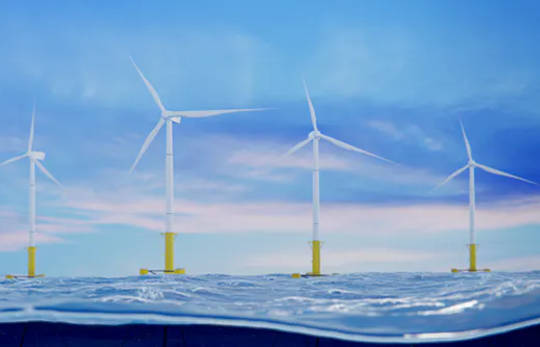
Since 2010, wind energy has seen sustained growth worldwide, with the amount of energy generated by offshore wind increasing by nearly 30% each year.
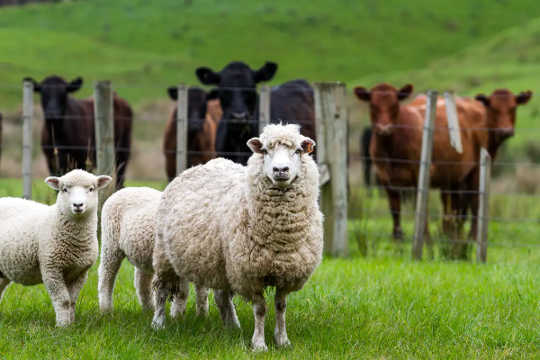
I would like to know how much difference we could make to our commitment under the Paris Agreement and our total greenhouse gas emissions if we removed all cows and sheep from the country and grew plants in their place
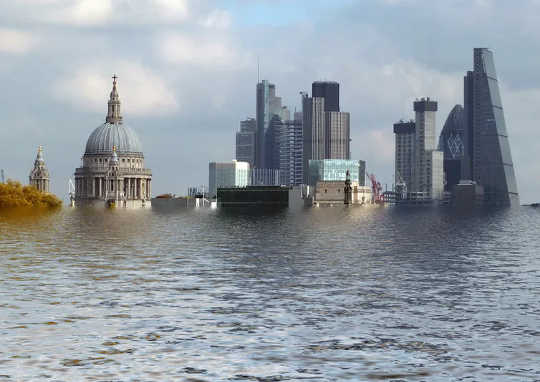
Private sector banks in the UK should have a central role in financing climate action and supporting a just transition to a low carbon economy.
- By Emma Bryce
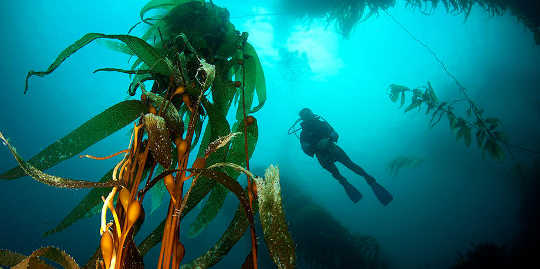 Researchers are looking to kelp for help storing carbon dioxide far beneath the surface of the sea.
Researchers are looking to kelp for help storing carbon dioxide far beneath the surface of the sea.
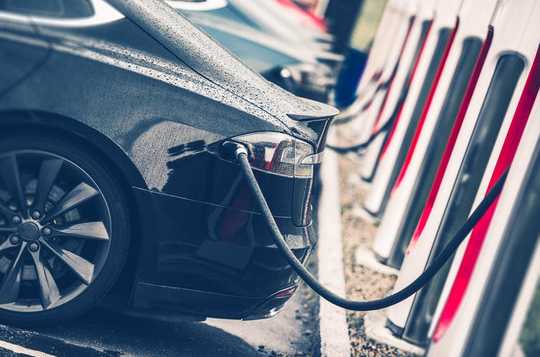
There is a lot of discussion on the benefits of electric cars versus fossil fuel cars in the context of lithium mining. Please can you tell me which one weighs in better on the environmental impact in terms of global warming and why?
- By Ralph Sims
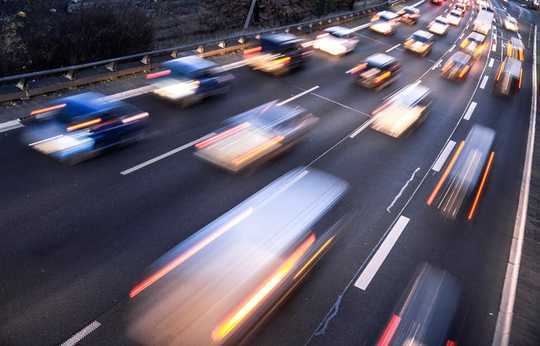
Every car has an optimal speed range that results in minimum fuel consumption, but this range differs between vehicle types, design and age.
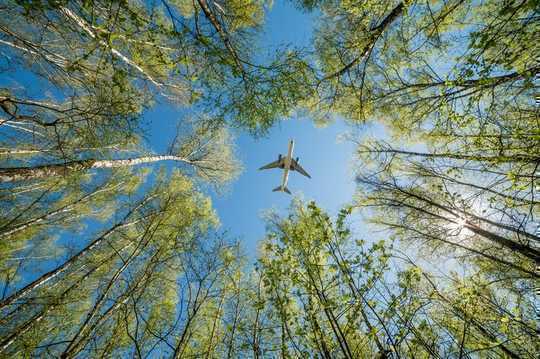
For airlines, the reckoning is no longer far away on the horizon. It’s now a jumbo jet meters from the runway, landing gear down.
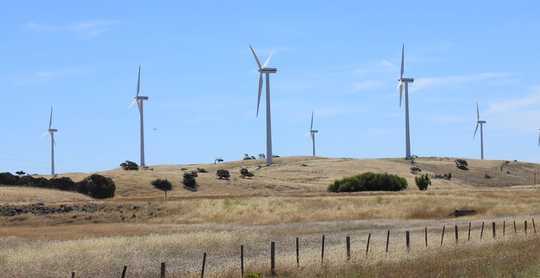
The Australian government’s investment roadmap for low-emissions technologies promises more taxpayers’ money to the gas industry but fails to deliver the policy needed for people to support a transition to renewable energy.
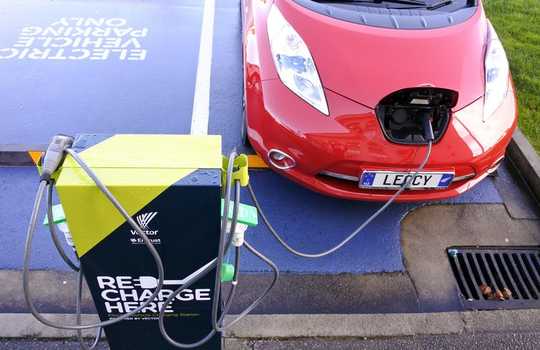
If I were to buy an electric vehicle it would add to the load on the national grid. Is the only way we are currently able to add the extra power to burn more coal?
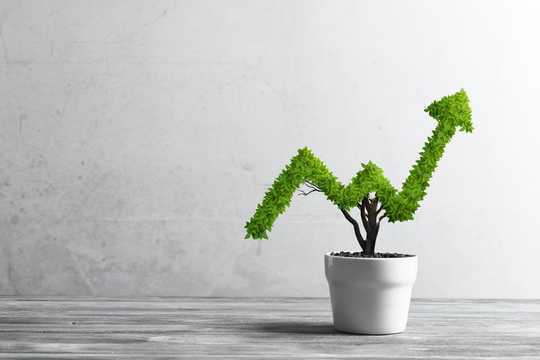
Green growth has emerged as the dominant narrative for tackling contemporary environmental problems.
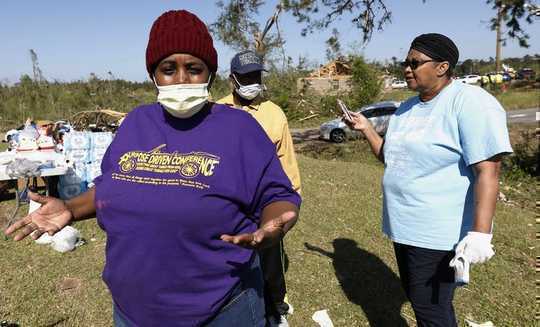
The tornadoes that swept across the Southeast this spring were a warning to communities nationwide:
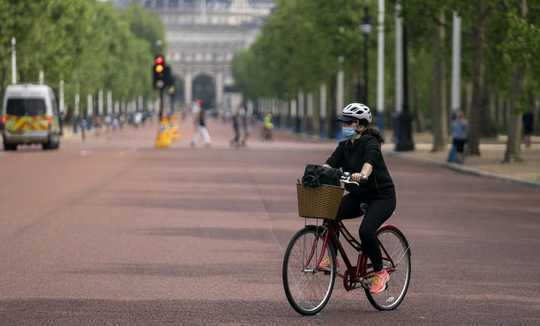
COVID-19 has radically changed our travel habits in just a matter of weeks. Walking and cycling are up, as people enjoy their daily exercise or take essential journeys they might otherwise have made by public transport.
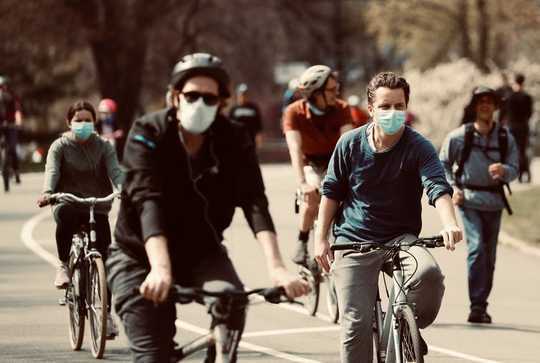
The numbers of people cycling and walking in public spaces during COVID-19 has skyrocketed.
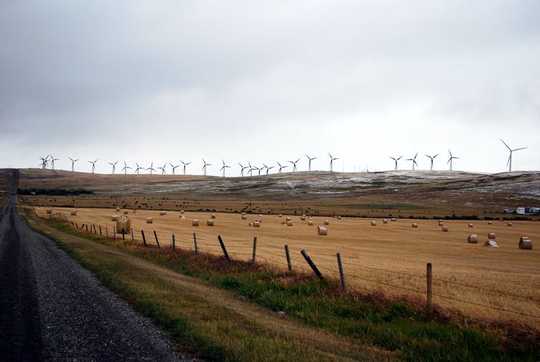
Agriculture has long been framed in the global climate action discussion as a sector whose activities conflict with meeting greenhouse gas (GHG) reduction targets.
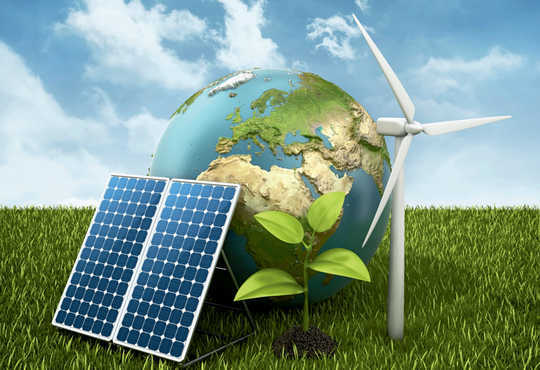
Politicians and business people are fond of making promises to plant thousands of trees to slow climate change. But who actually plants those trees, and who tends them as they grow?
- By John Hewson
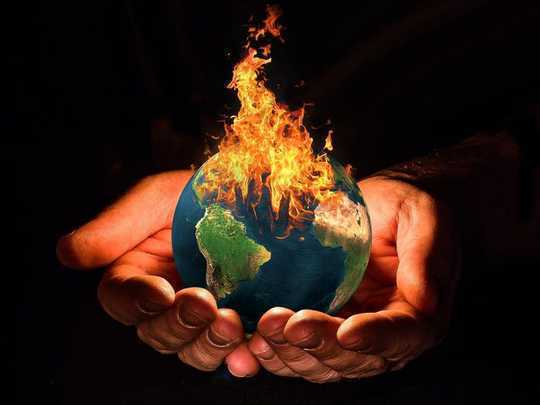
Climate deniers have been hanging out for the United Nations’ next big summit to fail. In a sense, the coronavirus and its induced policy responses have more than satisfied their wildest dreams, precipitating a global recession that they no doubt hope has pushed the issue of the low-carbon transition well down the political and policy agenda.
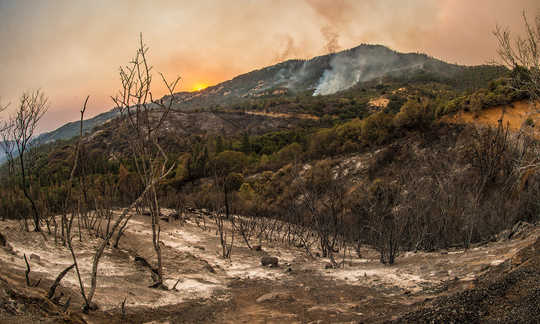
‘We’re doomed’: a common refrain in casual conversation about climate change. It signals an awareness that we cannot, strictly speaking, avert climate change.
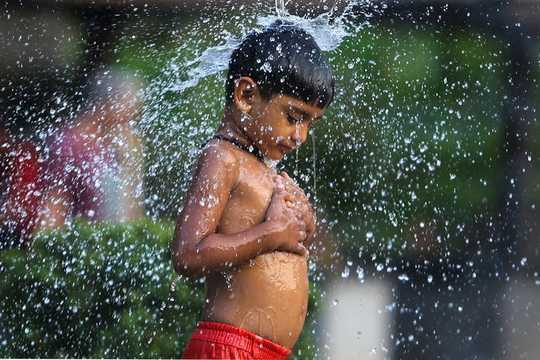
Every aspect of our lives has been affected by the coronavirus. The global economy has slowed, people have retreated to their homes and thousands have died or become seriously ill.

This isn’t a normal period of disruption, which is usually caused by failures in supply such as road accidents or industrial action. In this case it is the lack of demand that is the problem.
- By David Korten

Science warns us that the 2020s will be humanity’s last opportunity to save itself from a climate catastrophe.
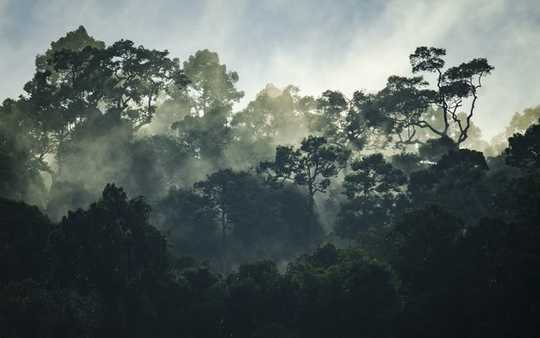
Tropical forests matter to each and every one of us. They suck colossal quantities of carbon out of the atmosphere, providing a crucial brake on the rate of climate change.
- By Enrica Papa
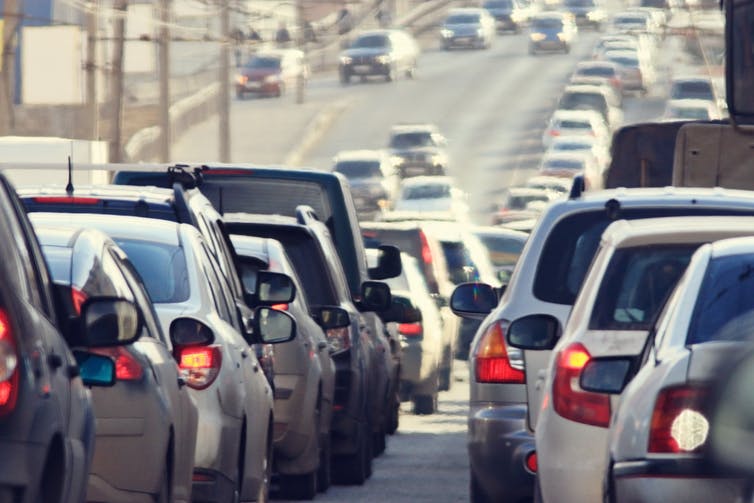
Luxembourg recently became the first country in the world to make all public transport free.
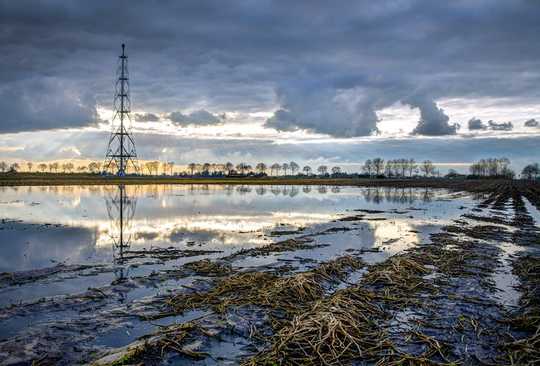
A common demand in discussions about climate change is to respect the science. This is appropriate. We should all be paying close attention to the urgent and terrifying conclusions being published by climate scientists.













